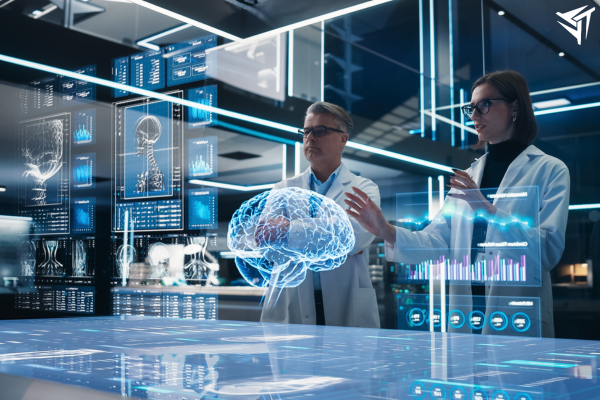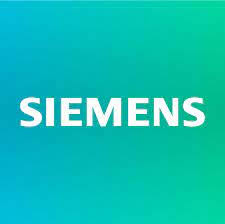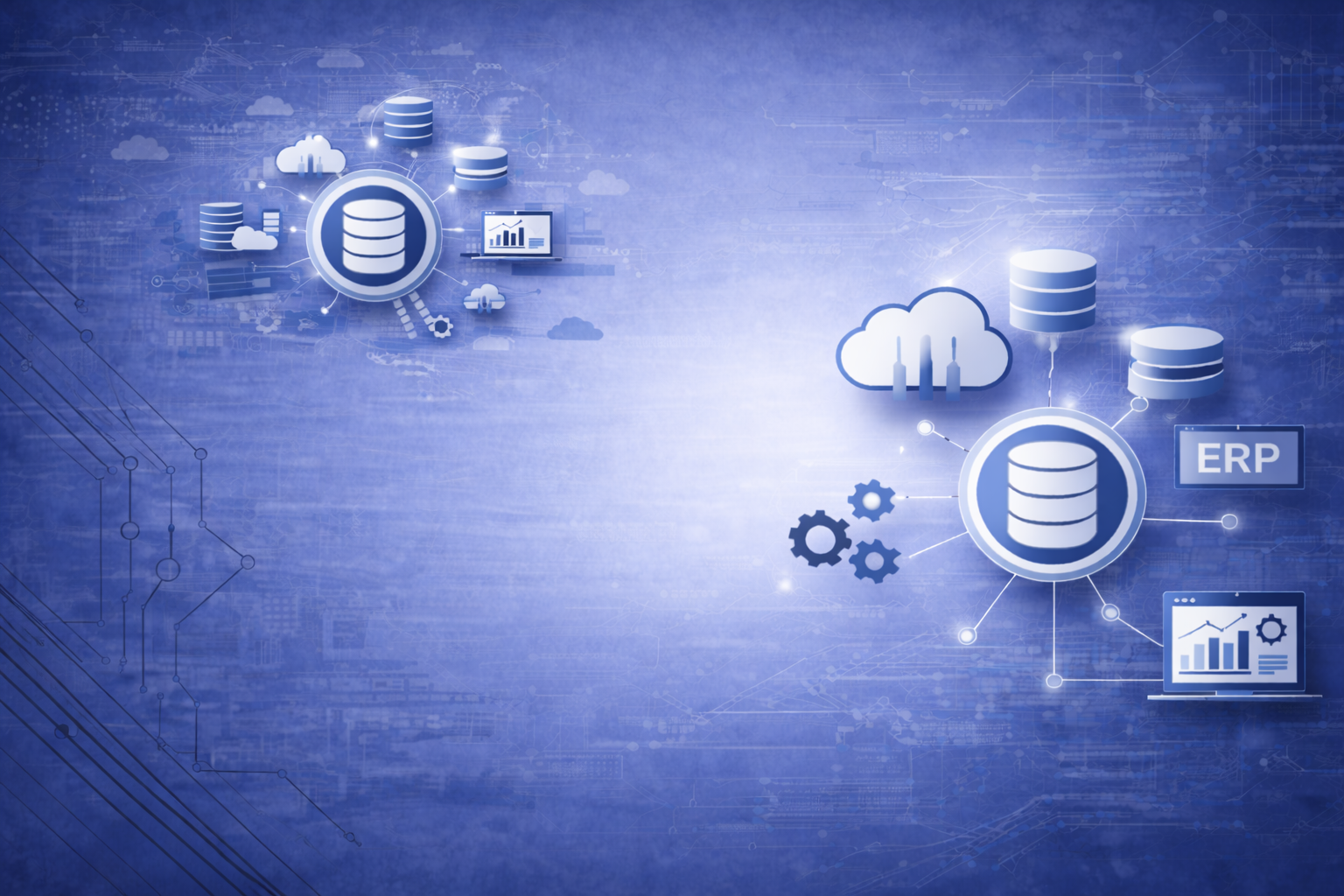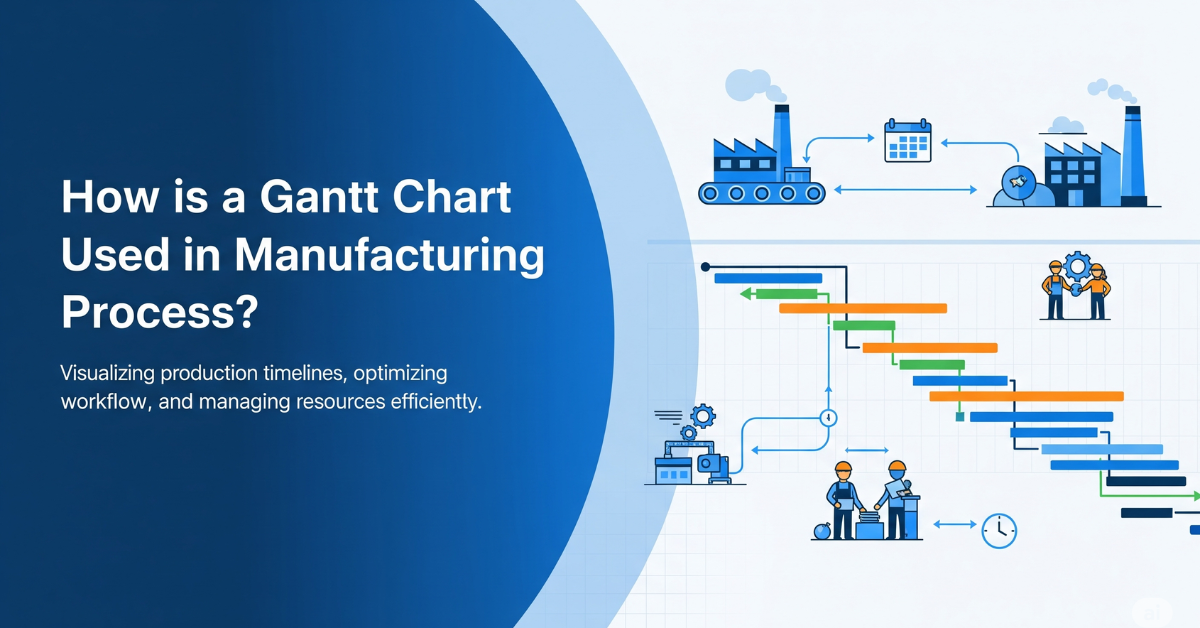Laboratory Data Management Software
A Laboratory Data Management Software connects digital and physical laboratory operations by tracking and controlling experiment data and sample processing in real time. It ensures that tests, quality controls, and research protocols meet rigorous standards while minimizing errors and delays.
This solution supports smart laboratory management by integrating data analytics with automated workflows and driving continuous improvement.
Lab Data Management Challenges
Managing laboratory data is difficult when systems are siloed, data entry is manual, and workflows lack standardization. These issues lead to errors, inconsistencies, and delays in reporting or compliance. Without centralized, real-time data access, labs struggle to maintain traceability, meet regulatory requirements, and drive informed decisions.

What Does Laboratory Data Management Software Do?
Laboratory Data Management Software centralizes, organizes, and secures lab data from instruments, tests, and workflows. It enables efficient data entry, storage, retrieval, and analysis while maintaining traceability and compliance with regulatory standards. This improves lab productivity, supports faster decision-making, and ensures data integrity across research and quality control processes.

Key Features of Data Management Software
Automated Workflows
Streamlines lab processes by automating data entry, sample tracking, and reporting. Integrates seamlessly with instruments and ERP systems, reducing manual intervention, boosting efficiency, and ensuring prompt, error‐free data flow.
Real-Time Monitoring
Continuously monitors lab operations by capturing live data from instruments and processes. Provides instant alerts for deviations and quality issues, empowering proactive decision-making and maintaining rigorous data oversight.
Centralized Repository
Unifies laboratory data including test results, instrument outputs, sample metadata, and regulatory records into one secure repository. Enables rapid retrieval, consistent quality control, and enhanced compliance with data integrity standards.
Laboratory Data Management Benefits
Improved Accuracy
Minimizes errors with automated validations, boosting the reliability of lab results and records.
Regulatory Compliance
Ensures audit-ready, secure data management that meets industry and regulatory standards effortlessly.
Enhanced Efficiency
Reduces manual tasks and turnaround times through process automation and streamlined workflows.
Faster Reporting
Accelerates data aggregation and report generation for timely insights and decisions.
Data Security
Protects sensitive lab data with robust encryption and strict access controls for complete confidentiality.
Seamless Integration
Easily connects with instruments, LIMS, and ERP systems for unified, smooth laboratory operations.
Siemens Opcenter RD&L
Snic Solutions is recognized as one of the elite organizations partnered with Siemens as a value-added reseller of Opcenter.
/About%20Page/Blake%20Digital%20Transformation%20Solutions.png?width=500&height=500&name=Blake%20Digital%20Transformation%20Solutions.png)

Lab Data Management Integration
Laboratory Data Management Software integrates with LIMS, MES, ERP, and QMS systems to centralize lab data, streamline test processes, and ensure regulatory compliance.
What happens when you integrate?
Integration ensures lab results are automatically shared with production and quality systems. This improves traceability, speeds up decision-making, and maintains consistency across product development and manufacturing.

From Our Blog
Stay up to date with what is new in our industry, learn more about the upcoming products and events.

Why Manufacturers Struggle to Use Data — and How Data Integration Fixes It
Alex is an operations leader at a manufacturing plant. He’s aware that his IT team…

How is a Gantt Chart Used in Manufacturing Process?
In manufacturing, Gantt charts are used to simplify production by visualising task…
.png)
Top Advantages of Laboratory Automation Systems
Are you curious about how laboratory automation can benefit your lab? Laboratory a…
Frequently Asked Questions
Have Question? We are here to help
What is lab data management?
Lab data management refers to the organization, storage, tracking, and analysis of laboratory data—such as test results, sample records, and audit trails—to ensure accuracy, traceability, and regulatory compliance.
What is management laboratory management?
This refers to overseeing all lab operations—including data handling, staff coordination, equipment use, and compliance—often supported by LIMS software or other digital tools.
What is a laboratory information management system?
A LIMS is software designed to manage lab workflows, sample tracking, data collection, and reporting. It improves efficiency, data integrity, and compliance with standards like GLP and ISO.
Partner With Us To Reduce Your Technical Debt
Snic Solutions is recognized as one of the elite organizations partnered with Siemens as a value-added reseller of Opcenter.
/About%20Page/Blake%20Digital%20Transformation%20Solutions.png?width=500&height=500&name=Blake%20Digital%20Transformation%20Solutions.png)
